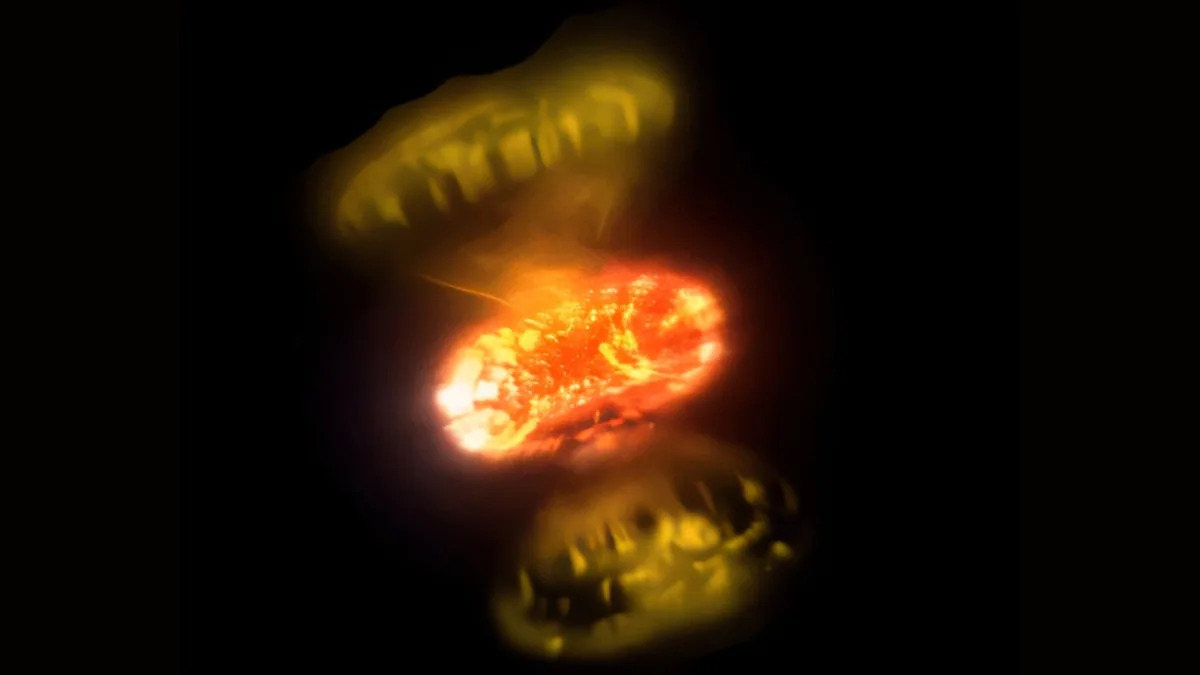The recent deaths of two white dwarf stars are challenging our understanding of both novae and the powerful physics underlying star death. According to astronomer John Monnier, the initial analysis of these often dramatic novae offers an…

The recent deaths of two white dwarf stars are challenging our understanding of both novae and the powerful physics underlying star death. According to astronomer John Monnier, the initial analysis of these often dramatic novae offers an…